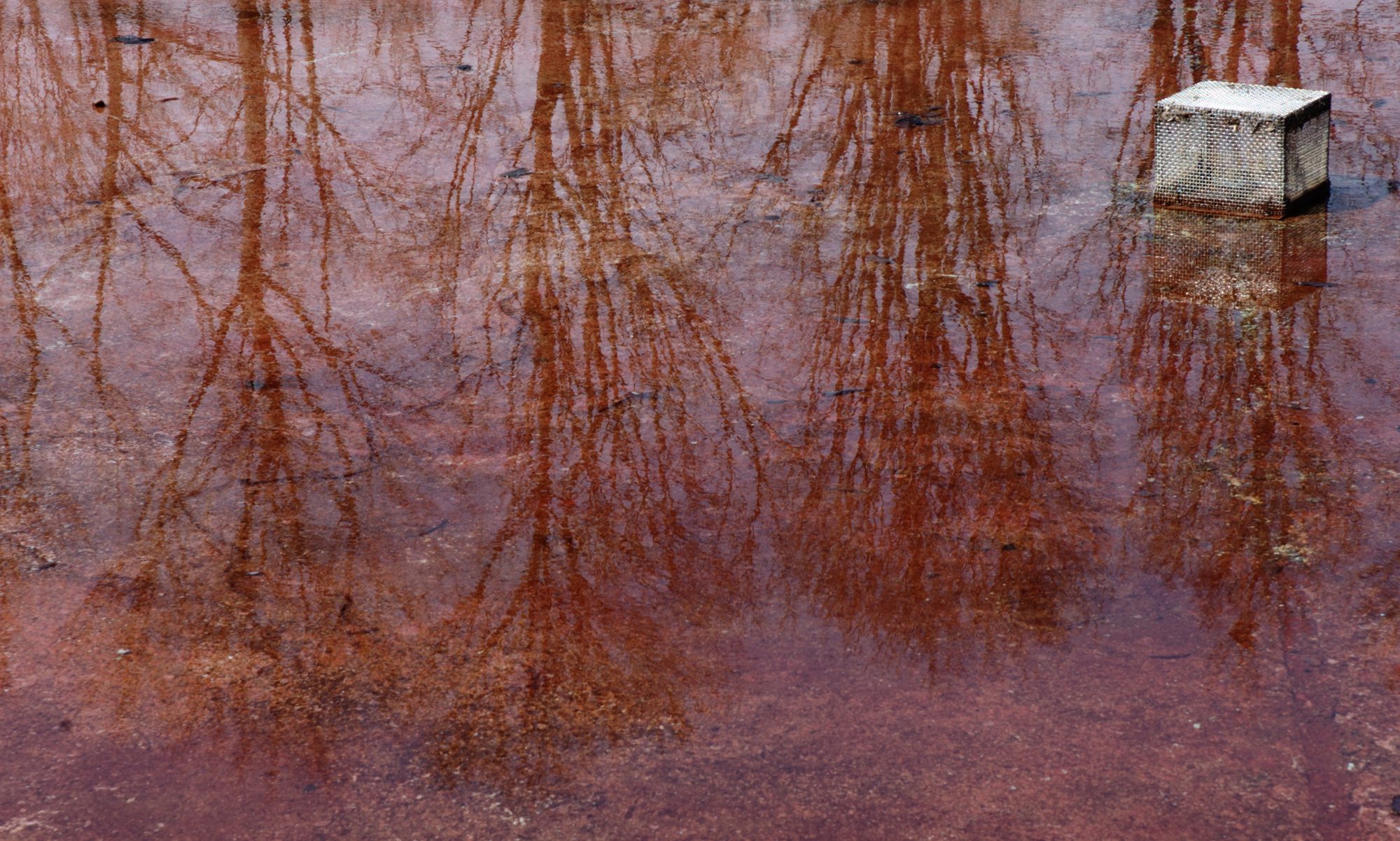I’m neither the first nor last who has opinions on the shift to working from home. I think, for many, it’s liberating, particularly for those who have a long commute (particularly if it means driving a car into the city). It took a pandemic and the necessary lockdowns for us to realize — and it’s something people working in the tech sector have been onto for years — that dragging our respective asses in the early morning to an office is rather antiquated. I worry this comes at a cost of, among other things, our awareness of our wider world.
There’s a word that has become more and more prevalent: psychogeography. It’s not exactly mainstream, but, particularly as we become more siloed in our homes (apartments, condos, houses) I worry we’re shutting ourselves from noticing the world around us. My particular concern is that this comes at a cost of a larger awareness of how the world around us informs our perspective: of our world, and also of society at large.
I walk to work every day. It’s a blessing, and I’m grateful for this advantage. I get to see the neighbourhoods I walk through change through the seasons, and through the bust and boom cycles of the economy (x10 since the pandemic and ensuing lockdowns happened). Toronto is a big city and has always had big city complexities: traffic, housing, social services. However, I’m here to tell you that, if you haven’t noticed, things have degraded. I’m regularly seeing individuals in mental distress on the sidewalk and on public transit, regularly seeing needle caps strewn in tree planters, and the overall neglect of the little things that affect our notion of a livable city: broken garbage receptacles, abandoned transit projects, public pools that don’t open until mid-summer, empty storefronts held onto by absentee landlords who are holding out for a cannabis retailer with deep pockets to open the nth dispensary downtown.
It informs my perspective of a city that has been through eight years of austerity budgets at the hands of our disgraced former mayor and his executive council. This didn’t happen over night, and though the pandemic made everything worse, it didn’t cause this. These sorts of things just don’t happen in three years. They happen gradually, and the pandemic was a perfect excuse for our city council to throw up their hands and let the ravages play out on their own.
And so, yes, we have tent encampments, filled with people who have been renovicted (see: absentee landlords) — the newly homeless — and we have line ups outside of food banks the likes of which I’ve never seen before. And my worry is that those of us working in our homes aren’t seeing this, or are only seeing this as slivers of whatever news feeds they scan through on their computers, on social media or otherwise. It’s not just something happening to Other People, or if it seems that way, it’s a trick of the lens because more and more people are becoming Other People with each month.
Am I asking for people to get angry as a result of walking through this, not being able to turn their heads to another window in their browser? Am I asking for people to become sad at the results of eight years of austerity budgets that keep property taxes artificially low (see: absentee landlords)? Yes. Because that’s reality, and when we remain in our bubbles and don’t notice the bad along with the good (and that’s there too) then I fear we end up with a society where those of us with means become more and more transfixed with the comforts that are available to us and not with the growing divide that is all around us.
I write this as Toronto is on the verge of a municipal by-election where I hope we bring people into office who are less interested in the status quo and more about turning the decay around. To direct services in such a way as to mitigate the damage that creates Other People. To allow cities to thrive and not simply become overrun by multinational franchises so that there’s no distinction between downtown Toronto and downtown Oakville.
(note: I get that I’m living in a dense urban environment, made up of many communities; it gives me a valuable perspective, but not one widely experienced beyond urban centres, and I would hate to transpose my perspective onto anyone else’s. While we’re here, what’s yours? What happens in your city, town or neighbourhood? Sure, with the help of local journalists you might find out what happens on its streets…but what beyond that is there? What is your experience of this?)

